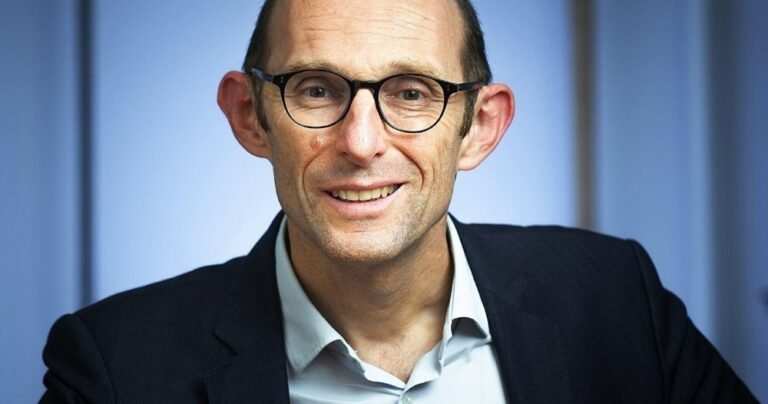
When did the used market appear?
It is quite old. There was a boom during the crisis of the 1990s with the installation of specialized channels. Subsequently, websites like leboncoin came along, which allowed people to sell and buy in a very simple way. The third click was at the time of the pandemic. The prisons were an opportunity to sort out, to put up for sale what we wanted to get rid of. From now on, stores specializing in second-hand goods are shutting down. This is the continuation and consequence of the French’s growing interest in second-hand products. In addition, there are even clothing stores that offer used products. We feel that there is something that is being generalized, being democratized.
When we are in a period of excitement about purchasing power, there is a slightly greater interest for consumers to get rid of what clutters their garages, attics, homes, to get some money back
The used market concerns how many people?
Two-thirds of the French have already sold used products on the Internet. It’s huge. And more than half of the French have already bought it. The practice is spreading. Between September 2021 and July 2022, 31% of French people sold second-hand goods, 21% bought them. It is not insignificant. You should also know that when we are in a period of excitement about purchasing power, there is a little more interest on the part of consumers to relieve what is cluttering their garages, attics, homes, to get some money back.
Over a month people can earn €77, it is not insignificant
Is it only a financial motivation?
No, there are more. The first is clearly financial. 39% of the French sell used because it allows them to get extra income. On average, over a month they can earn €77. This is not insignificant, even if we are inferior to many other countries such as Great Britain, Germany, Denmark, where second hand is more rooted in customs.
The second motivation is to create space, and the third – which has also helped to make people feel good about buying used goods – is the environmental issue, the restoration consumer society or its excesses.
When did the environmental problem arise?
Before the 2010s, this motivation was not particularly present. From the subprime crisis of 2008 and the sovereign debt crisis in Europe, we became aware of global warming, of the climatic consequences, that human activity was responsible for this warming. Among the best educated populations – not necessarily the richest – we have a question mark about the economic model and the consumer society: do we have to buy new products every time, can’t we be repaired? Buy a used one? Rent or exchange? Hence the interest in local and used products, which necessarily avoids buying new products.
The environmental dimension will ensure that the phenomenon is long-term
Are these people mostly young or is the panel diffuse?
There is a connection between environmental issues and youth, in the sense that the young are the best educated. They were also made aware of environmental problems when they were young, find it more difficult to enter working life and are more affected by economic shocks. They therefore have to find solutions to make ends meet, and this concerns second hand in particular. As the generations change in the coming decades, the environmental issue will become more and more present.
Will the used phenomenon last?
If the issue of purchasing power is more circumstantial, the environmental dimension will mean that the phenomenon will be long-term. The reason is that we will have to find ways to deal with global warming and its consequences at each level. It has already started, there is an underlying trend that is taking hold. In the most educated circles, the dimension of social distinction is made on these environmental issues, whereas before it was made on the possession of new goods. 20-30 years ago when you said you had bought a high end vehicle people would look at you and say “that did it”. Today, if you say that you have taken a higher range, you will be answered: “I hope you have not taken a diesel, because the planet…”. From now on, social valuation is based on the idea that you buy used products, that you are aware of the environment.
Will it become a cultural phenomenon of reflection, a way of thinking and a different way of life?
Absolutely. We can clearly see that there is a paradigm shift. If the companies want to continue to exist, exclusive sales of new products will no longer be sufficient. And another interesting point: for Christmas, four out of ten French people say they are ready to buy used products, 14% have already done so and 5% have resold Christmas presents. Even in the hint that we may have to offer a gift to someone, we can tell ourselves that we are not going to buy it new, but used.